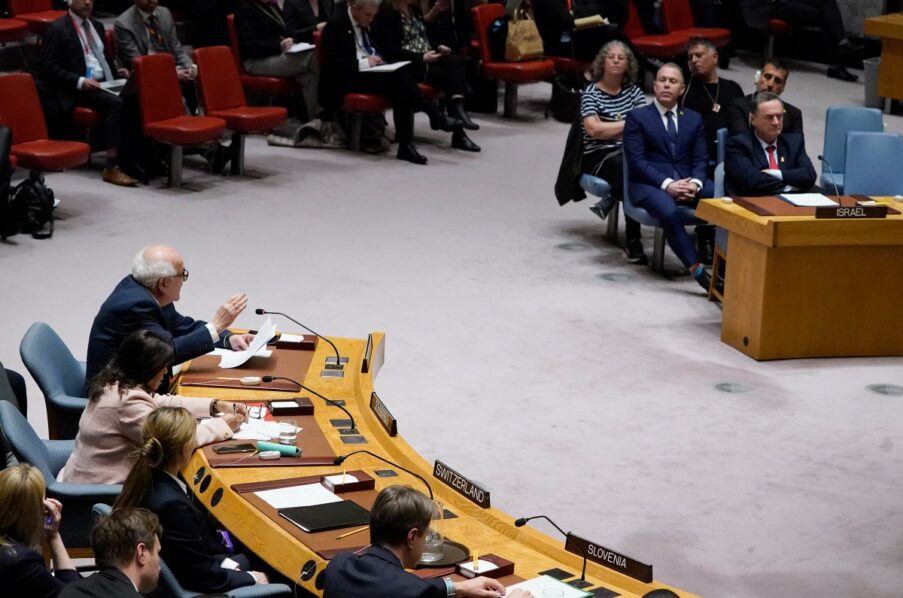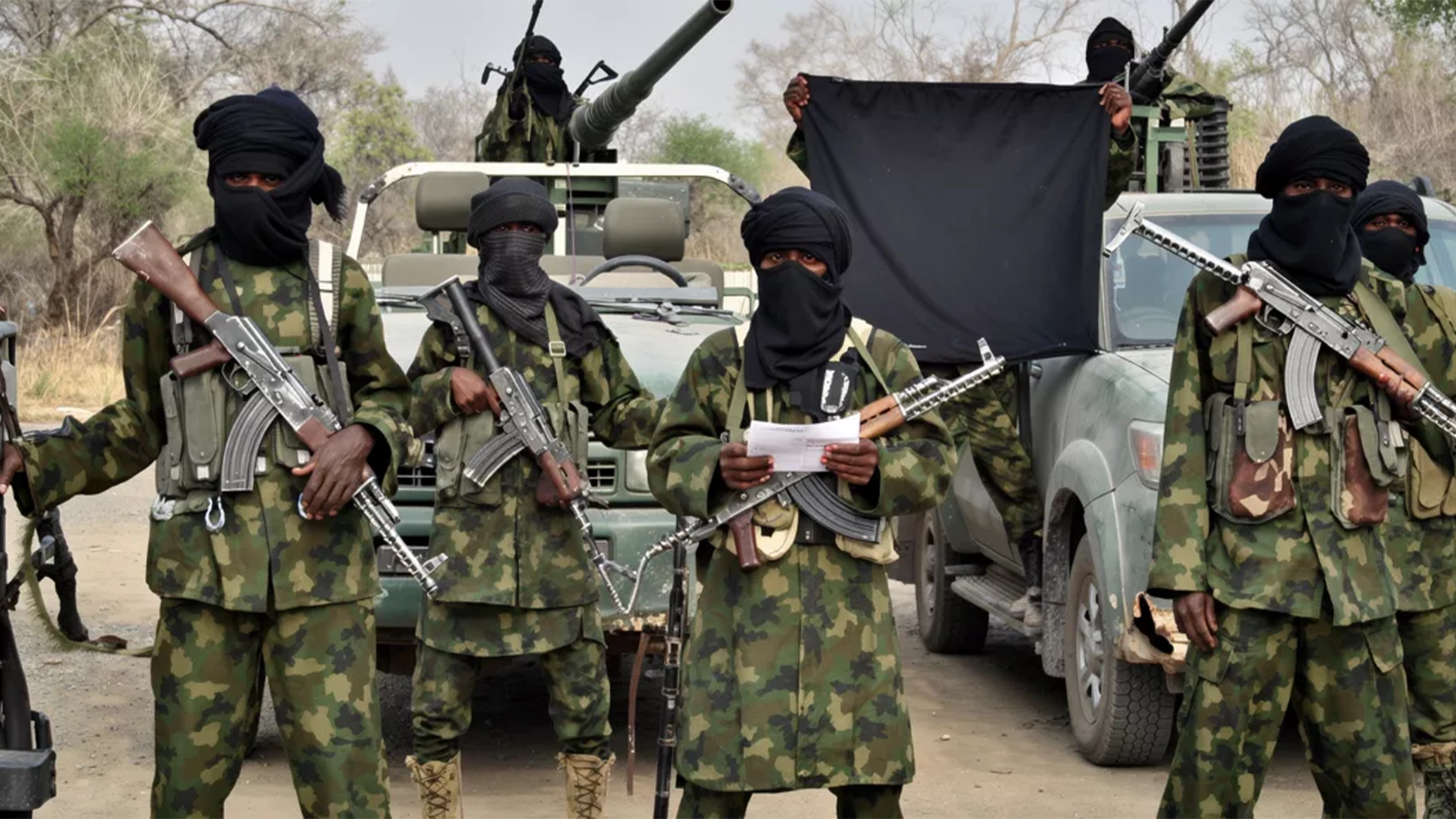
The United Nations (UN), Central Emergency Response Fund (CERF), has released an additional US$5 million to scale flood response and address critical needs in Borno, Bauchi, and Sokoto State.
The UN Office for the Coordination of Humanitarian Affairs (UNOCHA), said the response was necessitated by the increasing impact of floods on people’s lives, livelihoods, and food security across Nigeria at the peak of the rainy season. More than 300 people have lost their lives.
In a communique, the agency lamented the many health hazard these floods pose to citizens pointing that millions are already facing critical food shortages and battling the outbreak of Cholera among many other challenges.
“The announcement follows the increasing impact of floods on people’s lives, livelihoods, and food security across Nigeria at the peak of the rainy season. More than 300 people have lost their lives,” UNOCHA said.
“At least 1.2 million people are affected in 31 states, according to Nigeria’s National Emergency Management Authority (NEMA). Thousands of hectares of cropland have been damaged ahead of harvests.”
Lending his voice to the humanitarian crisis, the UN Resident and Humanitarian Coordinator in Nigeria, Mohamed Fall, said “Floods across Nigeria have created a crisis within a crisis.
“Millions of people were already facing critical levels of food insecurity before the floods because of economic hardships that have made it exceedingly difficult for the most vulnerable to feed themselves and their families. The floods have compounded people’s suffering.”
As of mid-September, the Food and Agriculture Organization (FAO), estimated that crop losses due to floods in Borno, Adamawa and Yobe (BAY), states were equivalent to an amount of food that could feed 1.4 million people for six months.
Nationwide crop losses could feed 8.5 million people for six months. To mitigate the flood impact, there is a need for extended lean season support and a scale-up of emergency agriculture activities, where possible.
The CERF funds will help humanitarian partners reach 280,000 people in Borno, Bauchi, and Sokoto states with food, clean water, sanitation, and shelter support, the agency said.
The funds are also expected to help rapidly mobilise resources to bolster access to healthcare, including efforts to prevent the spread of waterborne diseases such as cholera.
The response will include the use of multipurpose cash assistance (MPCA) and cash-for-work programmes to help affected people earn an income.
The funding will also enhance protection services, including support to women and girls and services for gender-based violence (GBV), as well as mitigate the flood impact, there is a need for extended lean season support and a scale-up of emergency agriculture activities, where possible.
It will also enhance protection services, including support to women and girls and services for gender-based violence (GBV), as well as support to people living with disabilities.
“This CERF allocation is a much-needed boost to the joint efforts of humanitarian partners in Nigeria in support of the Government-led response,” UNOCHA said.
“However, the CERF funds and the previous allocation from the Nigeria Humanitarian Fund (NHF) are insufficient to meet the scale of needs.
The CERF funds will complement a $6 million allocation from the NHF for the BAY states, where more than half a million people have been affected by floods. In addition to the flood impact, the BAY states are experiencing cholera outbreaks that have claimed dozens of lives at the height of a food security and malnutrition crisis that is projected to affect five million people through October.
The NHF funds and resources from the US-funded Rapid Response Fund, managed by the International Organization for Migration (IOM), support intervention in water and sanitation hygiene, shelter, and non-food items and MPCA in Borno.
Other ongoing UN assistance includes food and nutrition assistance, emergency healthcare (including mass cholera vaccination campaigns and sexual and reproductive health services), emergency shelter, and family tracing and reunification.






